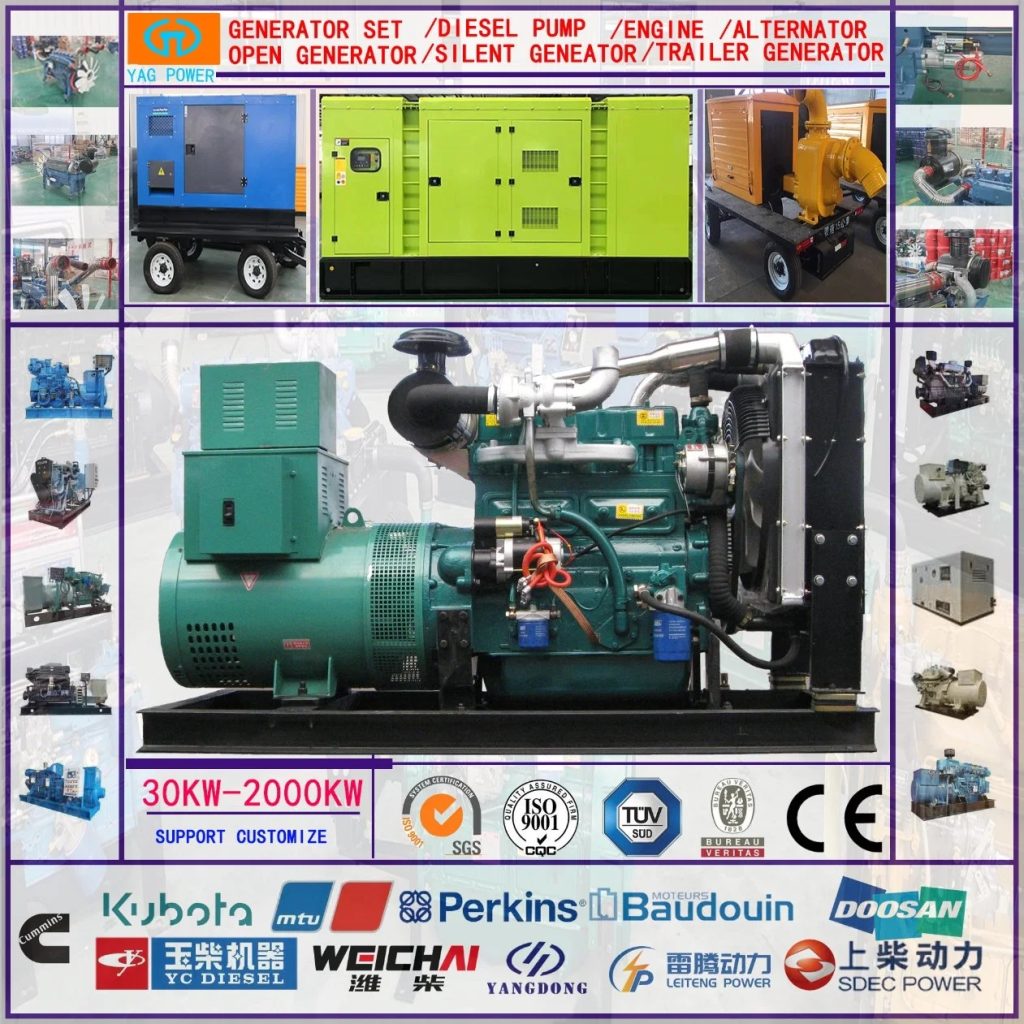Diesel Generators A Comprehensive Guide for Hot Climates
Introduction
Diesel generators play a crucial role in providing backup power in various settings, including homes, businesses, industries, and remote locations. In hot climates, the performance and efficiency of diesel generators can be significantly affected due to the extreme temperatures. This comprehensive guide will explore the key considerations, challenges, and best practices for using diesel generators in hot climates.
Understanding Diesel Generators
Diesel generators are reliable sources of backup power that convert diesel fuel into electrical energy through an internal combustion engine. They are commonly used in areas with unreliable or unstable power supply, where a continuous and uninterrupted power source is essential. Diesel generators are available in various sizes and capacities to meet the specific power requirements of different applications.
Challenges in Hot Climates
Hot climates present unique challenges for diesel generators, affecting their performance, efficiency, and overall lifespan. The following are some of the key challenges faced when operating diesel generators in hot climates:
1. High Temperatures: High ambient temperatures can lead to overheating of the generator components, including the engine, alternator, and cooling system. Excessive heat can reduce the efficiency of the generator and accelerate wear and tear on critical components.
2. Dust and Debris: Hot and arid climates are often associated with increased dust and debris in the air, which can clog air filters and ventilation systems of diesel generators. This can restrict airflow and cause the engine to overheat, leading to reduced performance and potential breakdowns.
3. Humidity: In hot and humid climates, excess moisture in the air can corrode the internal components of diesel generators, leading to rust, electrical malfunctions, and reduced efficiency. Proper maintenance and protection against humidity are essential to ensure the longevity of the generator.
4. Fuel Quality: High temperatures can affect the quality of diesel fuel, leading to fuel degradation, microbial growth, and contamination. Poor fuel quality can result in engine problems, reduced efficiency, and increased maintenance costs.
Best Practices for Operating Diesel Generators in Hot Climates
To overcome the challenges posed by hot climates and ensure the reliable operation of diesel generators, the following best practices should be implemented:
1. Proper Ventilation: Adequate ventilation is essential to dissipate heat generated by the diesel generator and maintain optimal operating temperatures. Ensure that the generator is installed in a well-ventilated area with sufficient airflow to prevent overheating.
2. Regular Maintenance: Regular maintenance is crucial to ensure the efficient operation of diesel generators in hot climates. Perform routine inspections, servicing, and cleaning of the generator components, including the engine, cooling system, air filters, and fuel system.
3. Cooling System: The cooling system of the diesel generator plays a critical role in regulating the engine temperature and preventing overheating. Regularly check and maintain the coolant levels, radiator, and fan to ensure proper cooling efficiency.
4. https://www.lkpowerplant.com : Dust and debris can clog the air filters of diesel generators, leading to restricted airflow and reduced engine performance. Regularly inspect and clean the air filters or replace them as needed to prevent blockages.
5. Fuel Quality: To maintain the quality of diesel fuel in hot climates, store the fuel in a clean and dry environment away from direct sunlight. Use fuel stabilizers and additives to prevent fuel degradation and microbial growth, and regularly test the fuel quality to ensure optimal performance.

6. Monitoring and Remote Management: Implement remote monitoring and management systems to track the performance and status of the diesel generator in real-time. Remote monitoring allows for early detection of issues, predictive maintenance, and immediate response to potential failures.
Conclusion
Diesel generators are indispensable sources of backup power in hot climates, where reliable electricity supply is essential for various applications. By understanding the challenges and implementing best practices for operating diesel generators in hot climates, users can ensure the efficient performance, longevity, and reliability of their backup power systems. Proper maintenance, ventilation, cooling, air filtration, fuel quality management, and remote monitoring are key aspects to consider when using diesel generators in hot climates. By following these best practices, users can mitigate the impact of extreme temperatures and ensure the continuous operation of their diesel generators in challenging environments.